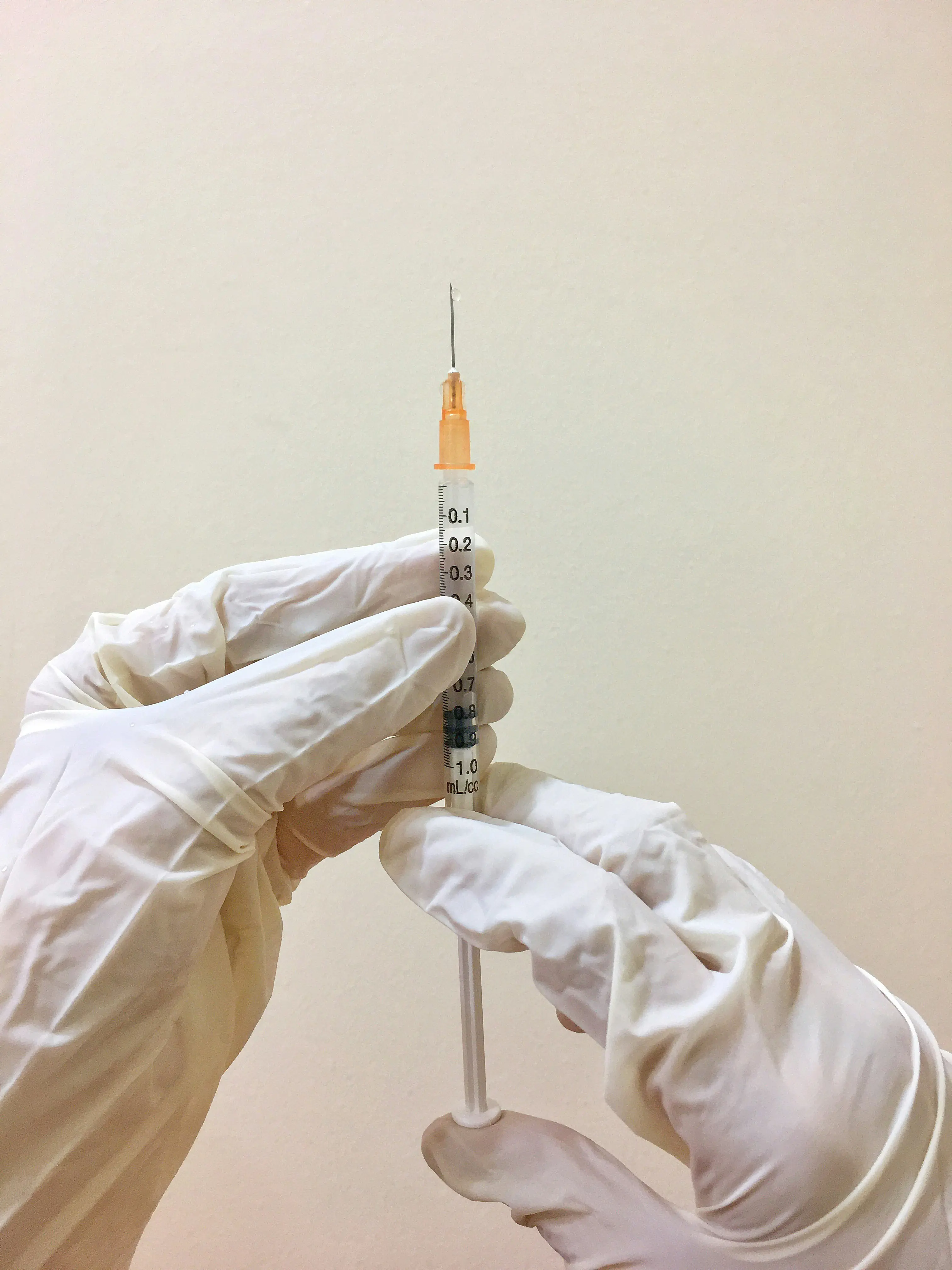Cancer Immunotherapy Linked to Sudden-Onset Diabetes

A new study from Yale University has uncovered a troubling side effect of one of the most promising cancer treatments: immune checkpoint inhibitors can cause the immune system to attack the pancreas, leading to rapid-onset diabetes in some patients.
Checkpoint inhibitors, hailed as a breakthrough in cancer therapy, work by unleashing the body’s immune system to destroy tumor cells. But in some cases, this heightened immune response also targets healthy tissues, including the insulin-producing beta cells of the pancreas.
“We found clear evidence that these drugs can cause the body to essentially turn on itself,” said lead author Dr. Kevan Herold, an immunobiologist at Yale. “It’s like throwing a switch, patients can go from normal blood sugar levels to full-blown type 1 diabetes in days.”
Published in Science Translational Medicine, the study tracked patients receiving checkpoint inhibitors for melanoma and lung cancer. While most patients tolerated the treatment well, a small percentage developed what researchers call ICI-induced diabetes, a rare but potentially life-threatening complication.
Using blood samples and pancreatic biopsies, the team identified immune signatures consistent with classic autoimmune diabetes, including the destruction of beta cells and the presence of autoantibodies. These changes were absent before treatment, pointing directly to the checkpoint drugs as the trigger.
The findings raise crucial questions for oncologists: Should cancer patients be screened for diabetes risk before immunotherapy? And more urgently, can we predict who’s vulnerable?
Dr. Herold’s team is now working on biomarkers that could help flag at-risk individuals ahead of time. In the meantime, they urge physicians to monitor glucose levels closely in patients receiving checkpoint therapy, especially if they exhibit early symptoms like fatigue or excessive thirst.
“These drugs are saving lives,” Herold said. “But we can’t ignore the collateral damage. Knowing the risks means we can act faster and prevent tragedy.”
As checkpoint inhibitors become standard in cancer care, understanding their full impact on the immune system is no longer optional, it’s essential.